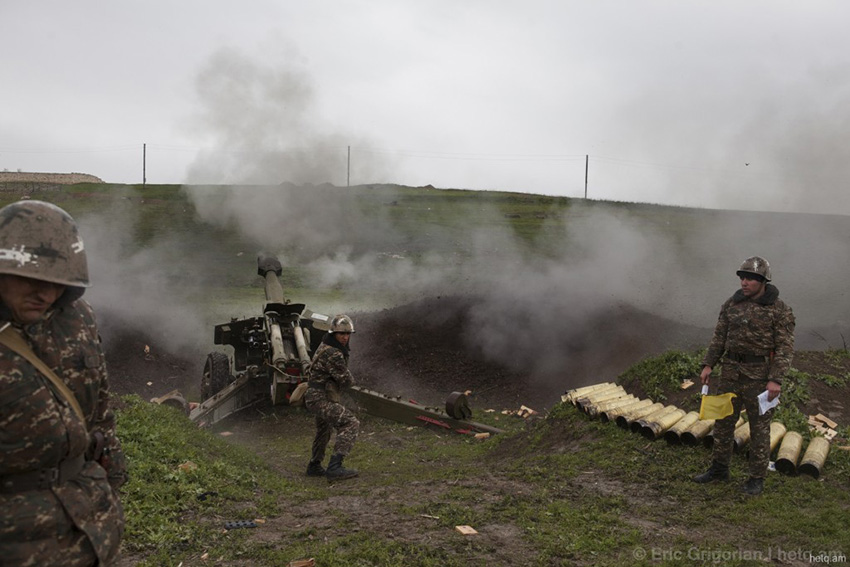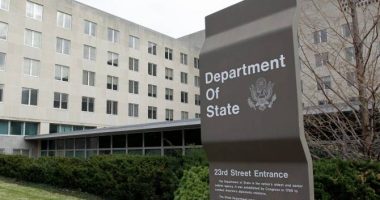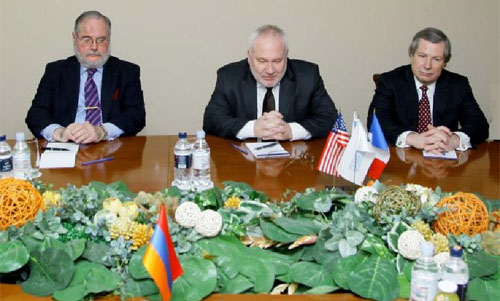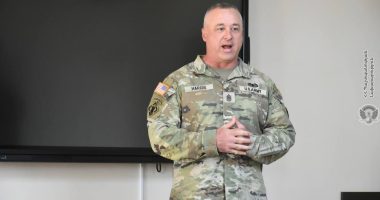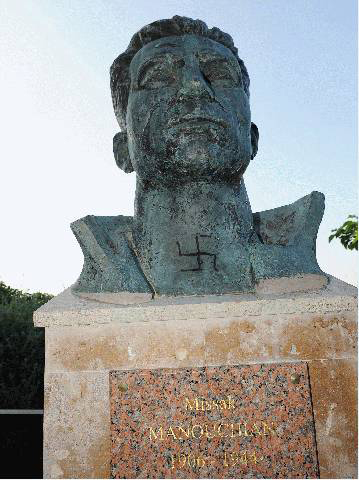BRUSSELS — Armenia and Azerbaijan are closer to war over Nagorno-Karabakh region than at any point since a ceasefire brokered more than 20 years ago, the International Crisis Group (ICG) said.
Clashes around Karabakh have intensified in the past three years and turned into a violent flare-up of the conflict last April, when ICG said at least 200 people were killed.
It said any descent into all-out war could draw in regional powers, which include Russia and Turkey – closely allied to Armenia and Azerbaijan respectively.
Since mid-January this year, deadly incidents involving the use of heavy artillery and anti-tank weapons have occurred and May saw a significant increase, including reports of self-guided rockets and missiles used near densely populated areas along the contact line.
“A year after Nagorno-Karabakh’s April 2016 violent flare-up, Armenia and Azerbaijan are closer to war than at any point since the 1994 ceasefire,” the ICG said in a report titled “Nagorno-Karabakh’s gathering war clouds”.
“While violence remains at a relatively low boil, any escalation quickly could spin out of control,” the think-tank, which works to prevent conflict, said.
“These tensions could develop into larger-scale conflict, leading to significant civilian casualties and possibly prompting the main regional powers to intervene,” the ICG said.
The ICG, which based its report on the findings of analysts who had talked to residents and observers on the ground, said the settlement process had stalled, making the use of force tempting, at least for tactical purposes, and both sides appeared ready for confrontation.
“Political and security conditions that prompted the April 2016 escalation have become more acute and both sides claim a new wave of escalation already has begun,” the Group said.
According to the report, Armenia – concerned about Nagorno-Karabakh’s security and angered by Baku’s increased assertiveness – insists on a lowering of security risks before substantive talks can start.
It said Azerbaijan – frustrated with the longstanding status quo and concerned that additional security measures could further cement it – insists substantive discussions cannot be delayed.
Efforts to secure a permanent settlement of the conflict in the South Caucasus, which is criss-crossed by oil and gas pipelines, have failed despite mediation led by France, Russia and the United States, known as the OSCE Minsk Group.
“In light of growing threats of confrontation, the mediators’ primary task should be to resume regular communication between Armenian and Azerbaijani leaders and insist that Yerevan and Baku soften positions that have calcified over the past 23 years as well as tone down martial rhetoric that fuels their publics’ belligerence,” ICG advises.
According to the reports “the mediators should push Yerevan and Baku to agree to immediate measures to restore confidence and security, including: increasing the number of OSCE personnel to monitor the conflict zone; establishing an OSCE-led investigative mechanism to hold the two sides accountable, while introducing a degree of transparency regarding their military arrangements in the conflict zone; and establishing regular contacts between their respective field-based militaries.”

